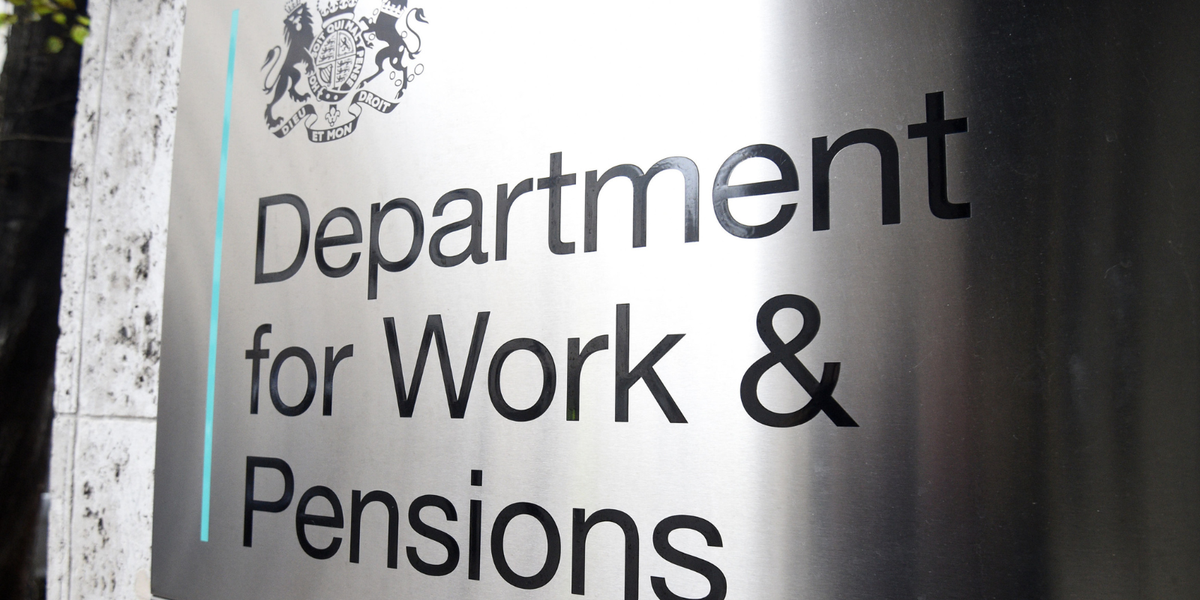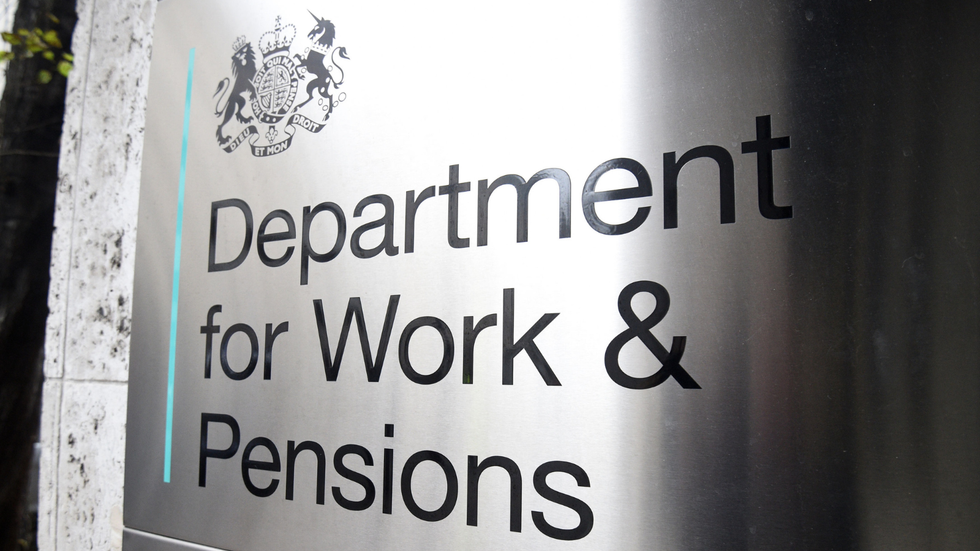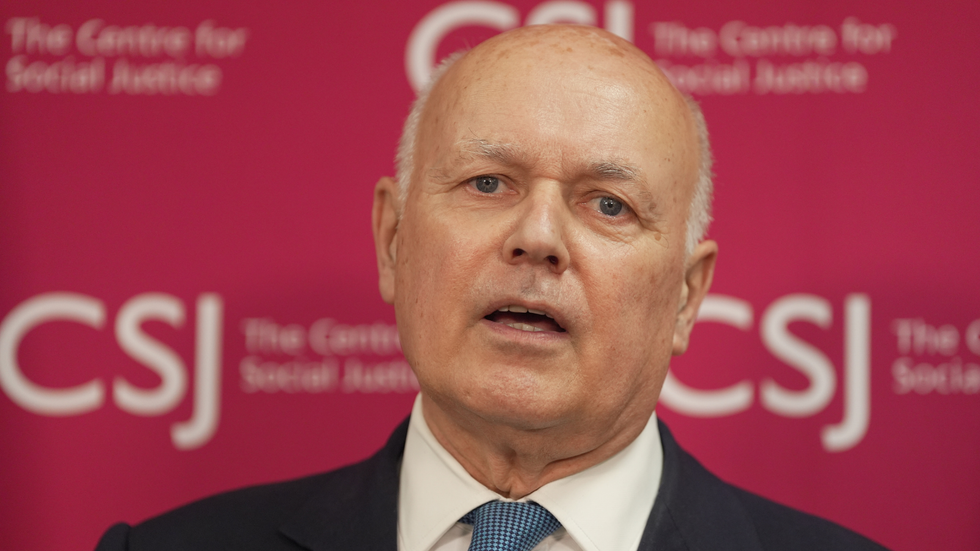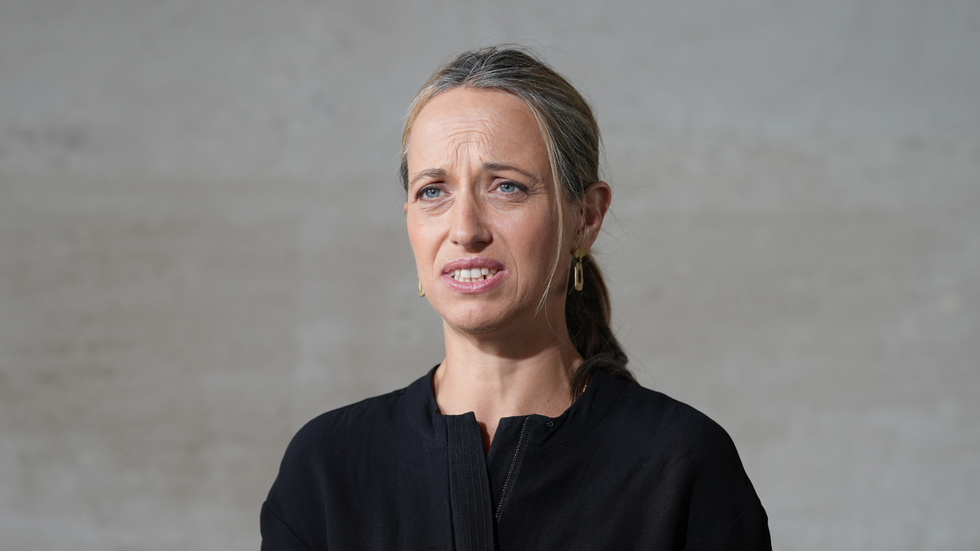



Fewer than a third of those claiming Universal Credit are actively looking for work as worklessness in Britain continues to skyrocket.
Just 31 per cent of claimants are classified as "searching for work", with most having no requirement to find a job, according to fresh data from the Department of Work and Pensions (DWP).
Since February 2020, when the Covid pandemic created a surge in the number of people claiming long-term sickness benefit, the amount of claimants seeking a job has fallen from 52 per cent.
The total spending on working-age health and disability benefits is set to hit £75.7billion by 2030, according to official analysis.
By the end of the current Parliament, the effect this spending will have on the public finances could be unsustainable, experts have warned.
Former Conservative Leader and Work and Pensions Secretary, Sir Iain Duncan Smith, accused the Prime Minister of creating a "perfect storm" of joblessness by making it easier for people to claim long-term benefits and harder for employers to hire new staff.
He said: "A lot of people have discovered how to get out of the requirement to work, which is that you go and claim you have depression or anxiety.
"But if people are depressed, they've got to get into work. We shouldn't let them sit and do nothing."

Just 31 per cent of claimants are classified as 'searching for work', according to fresh data from the Department of Work and Pensions (DWP)
|PA
Referring to Rachel Reeve's increase in employer National Insurance contributions in last year's budget, he added: "The one thing you used to be able to do with people coming back into work is start them on part-time jobs and then work them up, but businesses aren't hiring any more for part-time work because of the tax changes.
"She's now made job creation so difficult that jobs are going. They have got themselves into a complete and utter mess."
Some 60 per cent of people claiming Universal Credit have "no requirement" to be looking for work, according to analysis by The Telegraph.
It is understood the majority of them are signed off due to sickness.

Sir Iain Duncan Smith said the Government had got themselves into a 'complete and utter mess'
|PA
Data shows this number rose by a third between February 2024 and February 2025.
The Shadow Work and Pensions Secretary, Helen Whately, said the previous safety net of benefits had now become "a trap" which was "dragging millions of people into dependency on the state".
She said: "Welfare urgently needs reform. That's why Keir Starmer's weakness on welfare is a disaster for the country's finances and for all the people who end up living on benefits rather than working.
"We've made an offer in the national interest to work with the Government on welfare savings.

The Shadow Work and Pensions Secretary, Helen Whately, called for urgent reform on the welfare system
|PA
"We've even set out a plan for the Government to follow.
"That includes stopping sickness benefits for low-level mental health problems because too many people are being excluded from work, even though we known being in work is usually better for mental health.
"Getting people off benefits and into work is a moral and economic imperative, and the country shouldn't have to wait until the next election for action."
Since 2018, the total out-of-work benefits, including Universal Credit and other payments, has risen by 90 per cent.
GB News has approached the DWP for comment.
